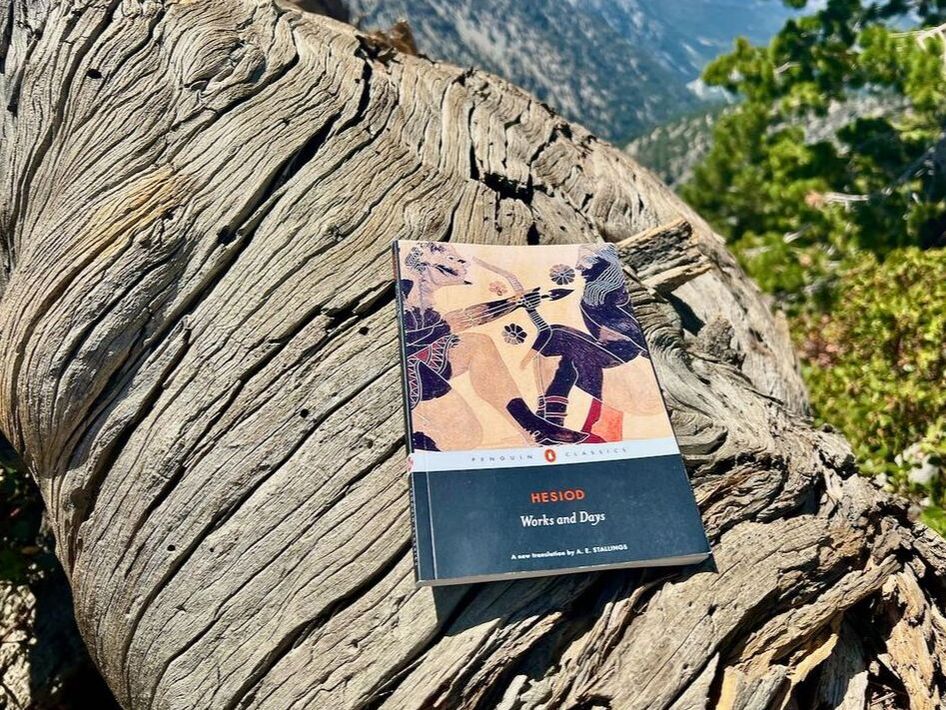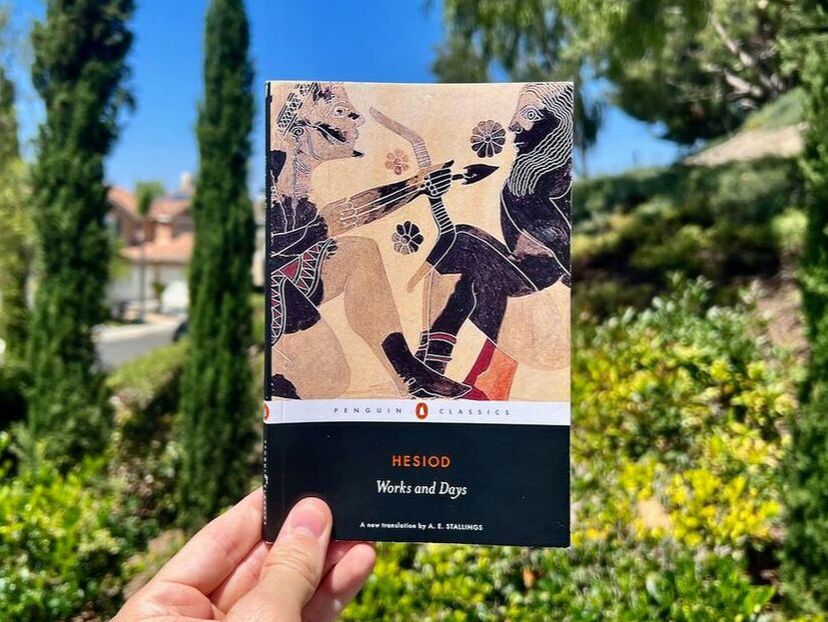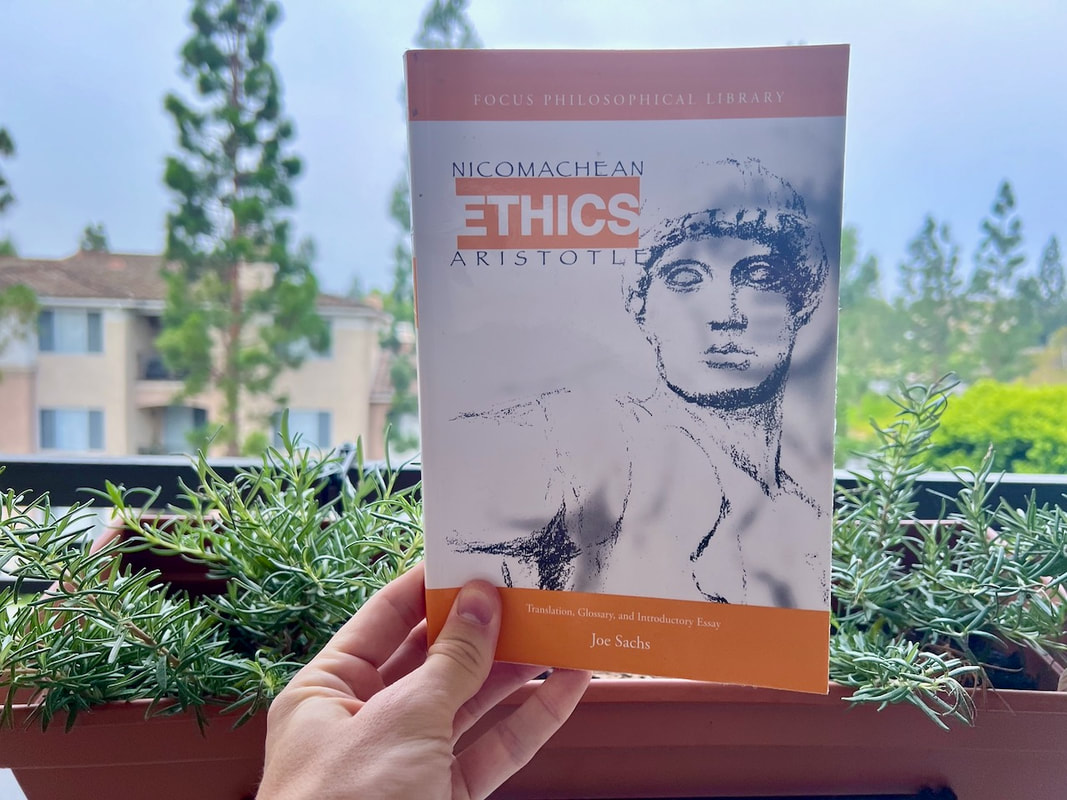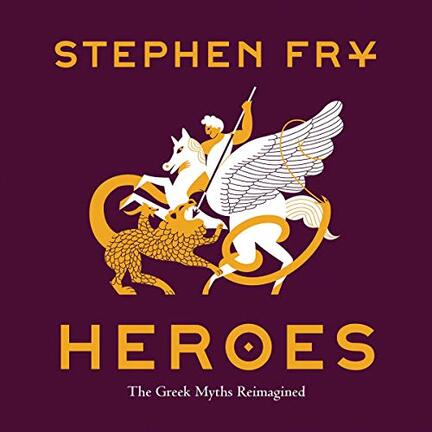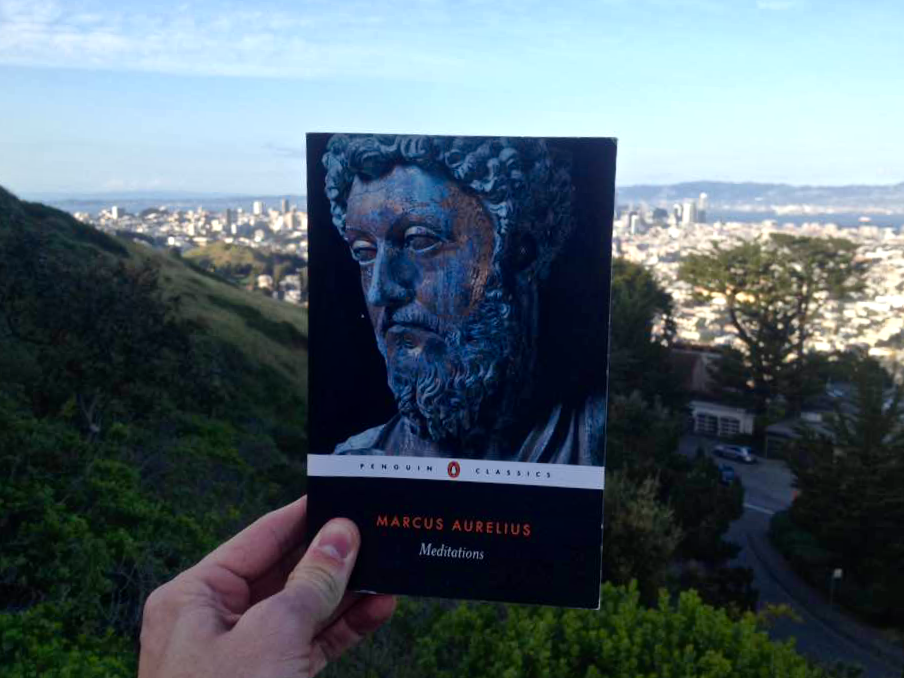"These days [of work] are gifts to those who dwell on earth."
— Hesiod, Works and Days
— Hesiod, Works and Days
AN EARLY POEM OF THE WEST
Hesiod's Works and Days is one of the first poems of Western civilization. Likely a predecessor of Homor, whose epics the Iliad and Odyssey mark the beginning of western literature, Hesiod's poem comes from roughly 700 B.C. but feels suprisingly modern. First, it's short, weighing it at just 828 lines (contrasted with the Iliad's 15,693 for example) and as translator A. E. Stallings writes, Works and Days is a "quirky mix of the cosmic, the earthly, and the personal."
Hesiod's core theme is that for humans, happiness is best attained through self-sufficient work, which is a gift to be enjoyed in and of itself as well as of course what one produces. "Don't be foul-weathered at the crowded feast; The pleasure's most when shared; the cost is least."
Hesiod's core theme is that for humans, happiness is best attained through self-sufficient work, which is a gift to be enjoyed in and of itself as well as of course what one produces. "Don't be foul-weathered at the crowded feast; The pleasure's most when shared; the cost is least."
A GOSPEL OF WORK
At the poem's outset, perhaps for the first time ever recorded, Hesiod calls upon the Muses, those local, Panhellenic goddesses who inspire artists and creatives. With their help surely, the poet then regales us with a tale of sibling rivalry, exploring themes of justice and resentment. All the while though, Hesiod keeps impressing upon the importance of laboring, taking the long view, and celebrating "a gospel of work."
The format is a sort of self-help letter to his brother, Perses, whom Hesiod wishes to speak "the plain truths to steer him by," as well as settle a dispute over their late father's land that both feel entitled to claim. But the central message is really a call to action: to attain happiness through working hard every day. As I read, I laughed aloud at some of Hesiod's older-brother moral maxims:
· "Don't let a woman mystify your mind
with sweet talk and the sway of her behind."
· "Don't nurture Arrogance—she's a disaster
for lowly mortals; she will overmaster."
· "The straight and narrow path the gods have set
to Virtue is steep and long, and paved with sweat."
The format is a sort of self-help letter to his brother, Perses, whom Hesiod wishes to speak "the plain truths to steer him by," as well as settle a dispute over their late father's land that both feel entitled to claim. But the central message is really a call to action: to attain happiness through working hard every day. As I read, I laughed aloud at some of Hesiod's older-brother moral maxims:
· "Don't let a woman mystify your mind
with sweet talk and the sway of her behind."
· "Don't nurture Arrogance—she's a disaster
for lowly mortals; she will overmaster."
· "The straight and narrow path the gods have set
to Virtue is steep and long, and paved with sweat."
HESIOD THE OPTIMIST
Sometimes, Hesiod has been called a "misogynist" (someone who hates women) or a "misanthrope" (someone who hates everyone), but in Works and Days, I sense a playful, tongue-in-cheek humor mixed with his moral perspective that focuses on positives. What's struck me throughout was a refreshing celebration of one's station in life—but also one's ability to alter it. Hesiod writes about the displacement of fellow Greeks who are returning to the olive groves and farmland of their ancestors because of the corruption encountered when living in the cities. Even in 700 B.C. Greece, the world was full of social maneuverability, open country to be travelled, seas to be sailed, trade, wealth; opportunities for more in life—if only his little brother Perses, and us modern readers, would see it. [JG]
"No race can prosper till it learns that there is as much dignity in tilling a field as in writing a poem. It is at the bottom of life we must begin, and not at the top. Nor should we permit our grievances to overshadow our opportunities."
— Booker T. Washington, The Atlanta Exposition Address
— Booker T. Washington, The Atlanta Exposition Address
YOU MAY ALSO LIKE

